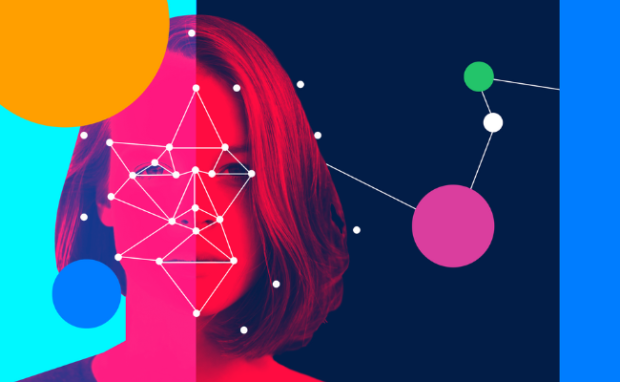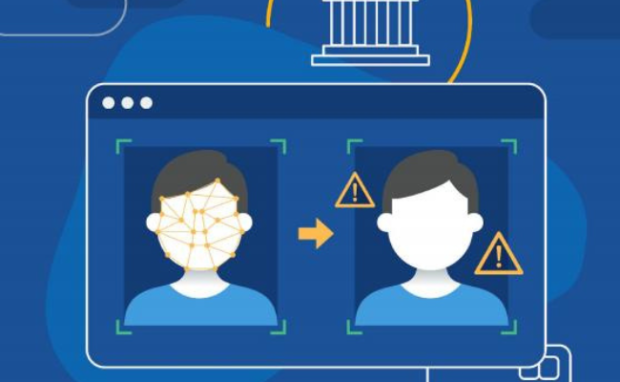UK To Criminalize Non-Consensual Deepfake Porn Sharing
The United Kingdom recently announced laws that would impose penalties on sharing deepfake pornographic images.
The Ministry of Justice reported changes to the Online Safety Bill that would expand the scope of explicit image offenses “so that more perpetrators will face prosecution and potentially time in jail.”
AI media generators have been trending recently, allowing more people to create intimate images. In response, the UK government hopes the amendments would help prevent them.
Why did the UK improve laws on deepfake porn sharing?

Photo Credit: capacity.com
Current statistics in Wales and England suggest one out of 14 adults received threats to share their intimate photos without their permission.
Also, UK authorities pointed out a website that creates nude images from clothes ones, gaining 38 million visits in 2021.
In August 2022, BBC Panorama reported about a channel on the Reddit social media website that traded women’s nude pictures online.
The Law Commission explained the increasing news reports and campaigns for better laws became a “compelling case” for government reforms.
Moreover, Prime Minister Rishi Sunak pledged to criminalize downblousing, taking photos down a woman’s top without permission.
Professor Penney Lewis of the Law Commission applauded these penalties for deepfake porn sharing.
She told The Guardian, “Taking or sharing intimate images of a person without their consent can inflict lasting damage.”
“A new set of offenses will capture a wider range of abusive behaviors, ensuring that more perpetrators of these deeply harmful acts face prosecution.”
Artificial intelligence and deepfake images

Photo Credit: www.iproov.com
AI art generators like Stable Diffusion became popular on the internet after dazzling people with bizarre images made from scratch.
However, deepfake porn images have been circulating online since 2017. They use machine learning techniques that take thousands of photo samples to create a user’s preferred image.
As mentioned above, the trend grew in internet forums like Reddit as users made custom-made porn clips featuring celebrities and women they knew.
The old AI methods pasted a subject’s face over existing video clips. Nowadays, recent advancements like text-to-image AI models made deepfake porn easier to make.
Only a few countries have laws against such explicit content. For example, Virginia, California, and Texas are the only US states that have laws concerning deepfakes.
Consequently, the United Kingdom’s recent amendments are welcome news. Still, they will have to overcome a few hurdles to become effective.
For example, AI photo generators can create deepfakes that turn subjects into cartoonish depictions. Thus, the laws must specify how these images can take on a specific person’s likeness.
AI copyright issues would also become a major concern. Image generators follow the rules called algorithms to create photos that follow a user’s commands.
A company sets the rules that the app follows, but it also makes images based on user input. Consequently, laws must confirm whether they will blame the tech firm or users in deepfake porn sharing issues.
Conclusion
UK citizens are glad that their government will crack down on deepfake porn. Yet, some worry that the amendments could harm free speech.
The new laws target “legal but harmful” content. The broad scope might cover types of expression that may not have anything to do with explicit images.
Countries like the Philippines may soon implement similar laws as the trend grows. Keep yourself updated by following Inquirer Tech articles.
Related Articles: